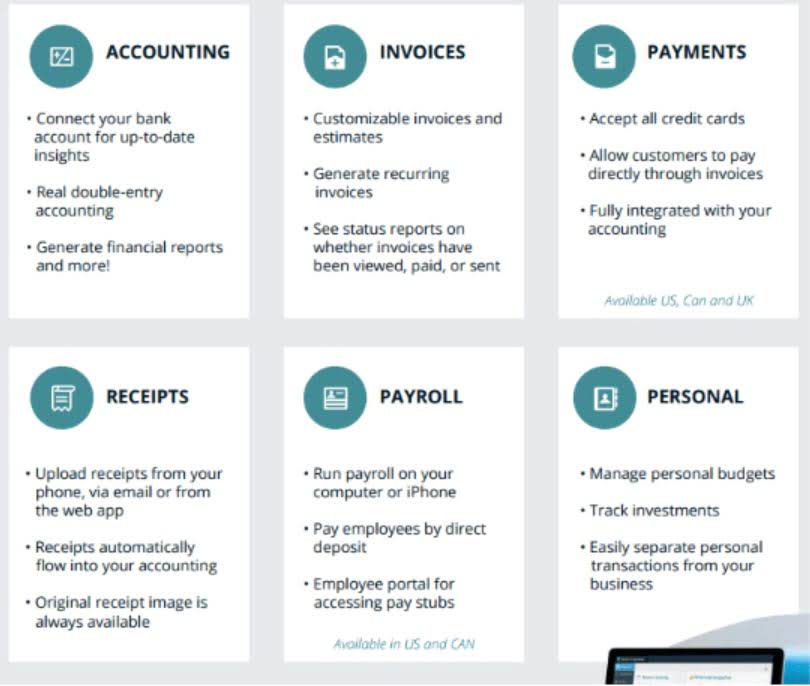
However, despite the fact that stock donations offer such significant benefits, many nonprofits have yet to enter the discussion. We can even immediately liquidate received stock gifts for you, ensuring your nonprofit can put them to work for your mission as quickly as possible how to accept stock donations without waiting on a middleman brokerage. First, a hands-off stock fundraising method in which you publish information and ask interested donors to navigate forms on their own creates a poor donor experience. With a donor-advised fund, you can get a tax deduction for the full amount in the year you make the initial donation, but you don’t have to disburse the full amount immediately. Instead, you let the fund know how and when you want to make charitable gifts. With stock, the process can be as simple as transferring shares from one brokerage account to another, and you can go this route each year, if you want.

Collect On the Trend of Securities-Based Gifts
Donating stock can have tax advantages for you, while also allowing your charity to receive more. If you’re philanthropically inclined, donating to charity can be an effective way to align your money with the causes and organizations you care about most. For strategic donors, charitable giving can also offer broader financial benefits. Donorbox’s new income statement integration with The Giving Block allows nonprofits to accept donations of stock and crypto – which majorly boosts both their fundraising revenue and donor acquisition.
Learn
In less than 2 minutes you have donated your stocks to a nonprofit organization you care about. If you’re a first-time donor you will need to make an account to connect with your broker. As you can see the manual method of donating shares can be tedious and time-consuming. It involves a lot of paperwork and constant back and forth between the donor and the nonprofit.
A Guide to Leveraging Stock Donations for Your Nonprofit
Cash, stock, cars — all of these have value — and charities are usually happy to accept them. Donating stock to charity can be a smart way to maximize your charitable impact while benefitting financially. For investors with appreciated stock positions, it’s a unique way to strategically align your values with your financial goals and establish a legacy of giving. When you hold stocks in a taxable account, any increase in value above your original cost basis is subject to capital gains taxes. These taxes can significantly reduce your profits when you decide to sell.
The Current Process of Donating Stock
You may also need information like the charity’s brokerage account number and mailing address, so ask for this upfront. When a security has been held for at least a year prior to donation, donors can typically claim the fair market value of the stock at the time of donation as a tax deduction. Plus, donating a stock that has increased in value during holding allows donors to avoid paying capital gains taxes. Donating stock to charity has advantages for both the donor and the recipient. The donor can claim the full donation as a tax deduction, while the charity may not Accounting for Churches have to pay taxes if it’s tax-exempt.
- For donors, such gifts often come with significant tax benefits, including deductions based on the fair market value of the shares and the avoidance of capital gains taxes.
- Let’s take a closer look at how it works, starting with the tax benefits.
- Given the extra hassle of transferring stock, it may not make sense to donate stock if you only want to donate a small amount.
- But one of the biggest reasons why someone may opt into a nonprofit stock donation is to avoid taxes.
- When your nonprofit decides that it’s going to accept stock donations, it should give some serious thought to who will be in charge of this program.
Finally, decide how you’ll fund your brokerage account with respect to any fees and who will be in charge of maintaining the relationship with the broker. Will there be some types of investments that you won’t accept as donations? For example, stock in a non-publicly traded company is less liquid and might come with restrictions and additional costs to sell.

Are there any nonprofits accepting stock donations?
Last week I shared an overview about recording non-cash gifts and the opportunity for a nonprofit organization to accurately present the types and value of contributions it receives to support its mission. There are no login or passwords required and we take zero transaction fees so the full gift goes to you. Once a donor fills this out, they’ll click submit, and in a matter of days the donated stock will be liquidated and deposited as cash into your bank account. Plus, donors are often more willing to give out of their wealth (i.e., from unearned gains on investments) than out of pocket (i.e., their disposable income). Encouraging gifts of stock can unlock generosity from donors who might otherwise feel hesitant to give a major gift.
- According to a study compiled by GivingTuesday, fewer than 6 percent of donors give stock.
- Imagine that a high-income donor who normally donates mid-level cash gifts to your nonprofit also owns multiple publicly traded stocks.
- When a security has been held for at least a year prior to donation, donors can typically claim the fair market value of the stock at the time of donation as a tax deduction.
- Considering all of these benefits, it’s surprising how few people actually choose to donate stock.
- Cash, stock, cars — all of these have value — and charities are usually happy to accept them.
- Note that while dedicated stock giving tools aren’t required to improve your stock fundraising process, they help immensely on multiple fronts—donor experience, data collection, logistics, and more.
SageMint Wealth Can Help You Maximize Your Impact & Wealth

When in doubt, call the charity you want to donate to and ask them if donating stock is the best way to meet their needs. Instead, you can sell the stock and take a write-off for your loss on your taxes, a process called tax-loss harvesting. In any given year, you can deduct up to 30 percent of your adjusted gross income from donations. Any excess contributions can be carried forward on your tax return for up to five years. Remember to reduce any friction with your donor by making the process as easy as possible. Make sure that any platform you use to streamline the process doesn’t require your donors to create a username and login.
Automatically Liquidate Stock Donations

For accounting purposes, publicly traded stock should be counted at the average of the high and low selling prices on the gift date (the date you receive it). If you decide to accept closely held stock (not publicly traded) and receive a gift over $10,000, the IRS requires that you get fair market value from a qualified independent appraiser. Donating appreciated stocks directly to nonprofits is a giving channel that is not often well understood or widely used. However, it’s also one of the easiest and most tax-efficient ways donors can give more to causes they care about.
